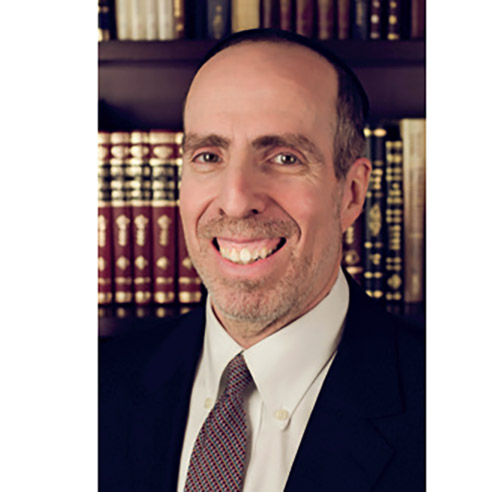
One very rainy first night of Sukkot, the rabbi of Congregation Shaarei Zion of Brooklyn instructed his (Sephardic) congregation to eat a kezayit of bread in the sukkah despite the rain. This ruling was based on the Rama (Orach Chaim 639:5), who follows the approach of the Rosh, Ran and Tur. Maran Rav Yosef Karo is silent on the matter so the rabbi assumed that Sephardim follow the Rama in this case.
However, someone brought this ruling to the attention of Hacham Ovadia Yosef, who declared that the rav was in absolute error! Rav Ovadia explains his reasoning in Teshuvot Yabia Omer 9:61. He notes that Rav Yosef Karo writes in his Beit Yosef commentary to the Tur that the Ran’s rule is rejected by the Teshuvot HaRashba (4:78). Whereas the Ran believes that the obligation to eat in the sukkah on the first night constitutes an absolute obligation, the Rashba believes that the exemption from eating in the sukkah when it is raining is absolute.
Hacham Ovadia notes that the Ra’avad (cited in the Kol Bo, Hilchot Brachot 55:4) and Maggid Mishneh (to the Rambam Hilchot Sukkah 6:7) agree with the Rashba. Rav Yosef proceeds to cite the important authority the Ma’amar Mordechai (639:6), who infers from the fact that the Rambam does not make a distinction between the first night and the rest of Sukkot regarding the rain exemption, that the Rambam also agrees with Rashba. Most important, the Ma’amar Mordechai makes the same inference from Maran, who does not mention in the Shulchan Aruch that one must eat in the sukkah on the first evening even if it is raining.
Maran Hacham Ovadia bolsters his opinion exempting Sephardic Jews from eating in the sukkah if it is raining even on the first night, from the Mishna in Sukkah 2:9, which compares rain in the sukkah to a servant who approaches his master to serve him and the master in turn pours the drink on the servant. In such a situation, reasons Rav Yosef, “if the servant proceeds to try to serve the master again, he certainly will anger him even further since he is acting against his will. Such a person is a chasid shoteh, a pious fool.
Rav Yosef adds the factor of “deracheha darchei no’am, the ways of the Torah are pleasant” (Mishlei 3:17). The Gemara invokes this pasuk to prove that the Torah does not wish for us to act in an unpleasant manner. One example is the Gemara Sukkah 32b rejecting, based on this pasuk, the possibility of using a stinging plant as one of the Arba Minim for Sukkot. Similarly, Rav Ovadia argues that requiring one to eat in the sukkah while rain is pouring down is not in harmony with the “deracheha darchei noam” principle.
Thus, Hacham Ovadia firmly rules that Sephardim should not follow the ruling of the Rama in this situation. He cites as support an important Sephardic authority, the Shulchan Gevo’ah (639:19), who asserts that Maran does not agree with Rama regarding this matter.
In defense of the rabbi in Brooklyn, two prominent Sephardic authorities, the Radbaz (Teshuvot 5:2320) and Rav Chaim Palagi (Moed L’Chol Hai 20:20), subscribe to the Rama’s approach. Nonetheless, Rav Yosef holds firm that Sephardic Jews should follow the Rashba, Ra’avad, Maggid Mishneh and Maran Rav Yosef Karo that one is exempt from the sukkah even on the first night of Sukkot.
An important lesson should be drawn by rabbis of Sephardic congregations from this incident. It is sometimes difficult to determine the position of Maran Rav Yosef Karo on matters where he is not explicit. Thus, one should exercise caution and carefully research the matter and consult major authorities to ascertain the Sephardic position on the matter.
By Rabbi Haim Jachter
Rabbi Haim Jachter is the spiritual leader of Congregation Shaarei Orah, the Sephardic Congregation of Teaneck. He also serves as a rebbe at Torah Academy of Bergen County and a dayan on the Beth Din of Elizabeth.










